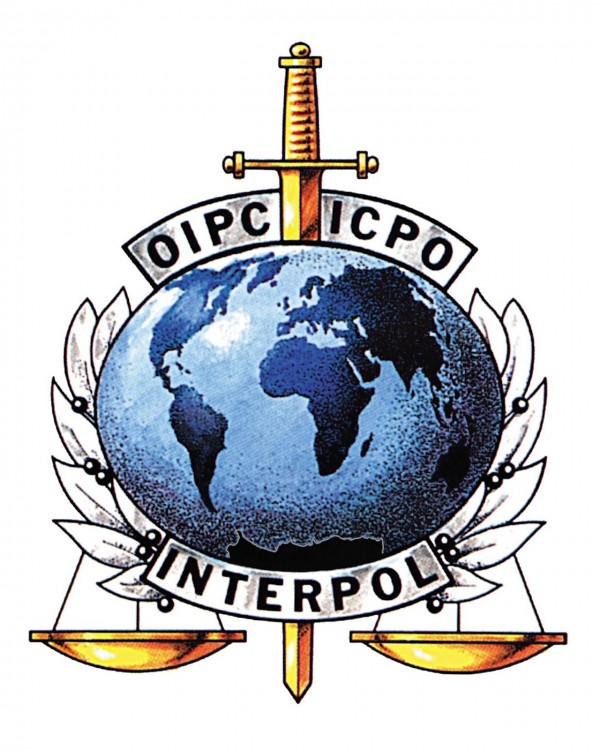Interpol rescues 85 child slaves from Sudan's streets and gold mines
DAKAR: Nearly 100 human trafficking victims have been rescued in a major police operation in Sudan, including dozens of children forced to work in illegal gold mines, Interpol said on Monday.
Operation Sawiyan involved 200 Sudanese police officers who rescued 94 people, including 85 minors, from criminal networks in and around the capital, Khartoum, in an Interpol-led week-long crackdown last month, the global police organisation said.
Many of the victims were from other African countries and believed to have been travelling toward Europe when they fell into the hands of traffickers, said Tim Morris, Interpol's executive director of police services.
"We believe that they were transiting through Sudan and then kidnapped en route and diverted into these forced labour activities," Morris told the Thomson Reuters Foundation.
The victims came from Chad, Democratic Republic of Congo, Eritrea, Niger, Sudan and South Sudan, he said.
Police found some children as young as ten handling dangerous chemicals in open-air gold mines east of Khartoum, while others were forced to beg in the city, said Interpol.
They also arrested 14 suspected traffickers and seized 20,000 dollars which they believe included ransom money sent by a victim's family to buy his freedom, the organisation added.
Sudan is a source and transit country for African migrants hoping to reach Europe via Libya and the Mediterranean, according to the UN Organization for Migration (IOM).
The north African nation has one of the world's highest rates of slavery - with about 465,000 people enslaved or one in 80 of its population - the 2018 Global Slavery Index found.
Children separated from their parents or travelling alone are at a high risk of exploitation, sexual and physical violence, said a spokeswoman for the IOM office in Sudan.
"In many cases these children are exposed to forced unpaid labor including street begging, gold mining, street vending, agriculture and other hazardous working conditions with limited access to education, protection and health services," she said.
The IOM and partners have provided food and healthcare to the children rescued in Operation Sawiyan, who will later be asked about where and how they were trafficked, Interpol said.
The operation was part of a series of Interpol raids on human trafficking in North Africa and the Sahel that are largely focused on migration routes, according to Morris.
"Episodes like this one where you see the terrible conditions and exploitation ... show that you have to treat this particular crime issue right up and down the supply chain and not just at one end," he said.






